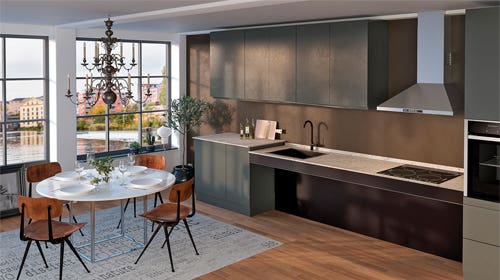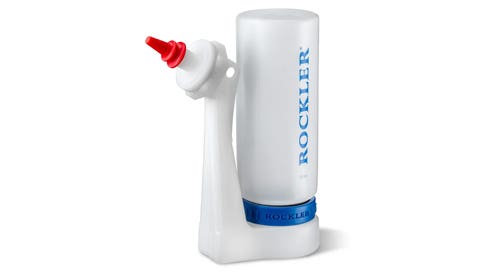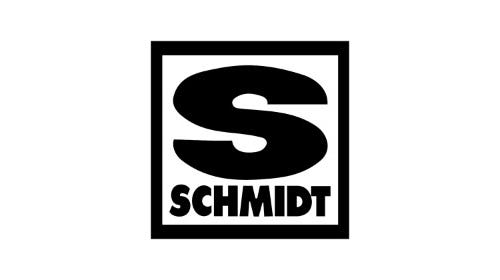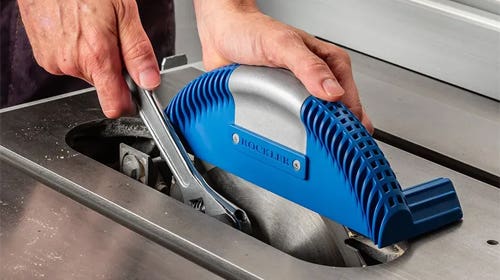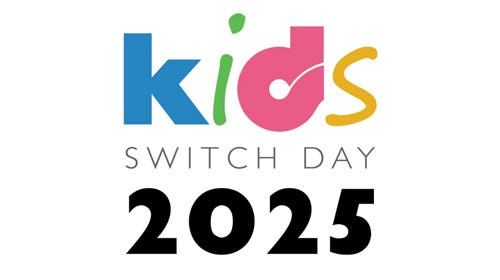WMMA launches lobbying program
The Woodworking Machinery Manufacturers Association recently implemented its new Patriot Award program as an incentive for its members to demonstrate to their local representative how legislative and regulatory issues will…
The Woodworking Machinery Manufacturers Association recently implemented its new Patriot Award program as an incentive for its members to demonstrate to their local representative how legislative and regulatory issues will directly impact jobs, revenues and economic development at their plants.
Members who meet the program’s criteria will be recognized at the annual Woodworking Industry Conference. To achieve the status, members must host their local, state or federal representative at their manufacturing facility, receive some sort media coverage of that event and also participate in the WMMA’s annual Washington D.C. fly-in at Capitol Hill, in which the association pays for participating members’ travel and related costs.
Frank Kobilsek, chairman of the WMMA’s public policy committee, says the association wants to reward members who take the time and energy away from their day-to-day responsibilities and concentrate on critical legislative and regulatory issues that will impact their businesses and the woodworking industry.
“This is a fun way to encourage people to invite one of their representatives to their plant and let that elected official learn more about the industry. The primary purpose of the program for our member companies is to become a resource to their elected officials,” says Kobilsek.
He emphasizes that many elected officials don’t have a manufacturing background and the program allows them to learn about issues specific to the woodworking industry that affect the geographic area they represent. During a typical visit, the legislator tours the plant and meets the managers in a session to discuss issues impacting them. Association officials are currently educating their members with specific issues they feel should be discussed in the upcoming year.
The first is the Manufacturing Reinvestment Account Act, which Kobilsek describes as a type of IRA for manufacturing companies that would allow them to avoid taxation on certain profits and use those profits to purchase machinery.
Jamison Scott, a WMMA member and executive at Air Handling Systems in Woodbridge, Conn., initially brought the idea to Rep. Rosa DeLauro, D-Conn., who introduced it as HR 110 in January. Scott is participating in the Patriot Award program. In June, Sen. Richard Blumenthal, D-Conn., visited Scott’s facility to discuss the bill and also announced that he would be introducing a similar bill in the U.S. Senate.
Scott says the Patriot Award program contributes to the success of member companies.
“Involvement of manufacturers with legislative affairs is important so public officials see the true value a manufacturer brings to a community and region. Many people don’t understand the great economic benefits to a manufacturer. For example, the employment multiplier effect: for every one employee employed in manufacturing we support at least three non-manufacturing jobs in the community,” says Scott.
Other tax issues include legislation that simplifies tax credits for research and development, direct expensing and depreciation bonuses.
Industrial dust is another issue the WMMA feels is important to discuss at these events. Kobilsek says that OSHA has recently issued an advance notice of proposed rulemaking on possible regulatory methods to control combustible dust. He feels legislators should be told that such regulations need to ensure they don’t impact the wrong class of manufacturers.
“The key point we want to make with dust collection is that whatever the legislation is, that it’s a reasonable standard. Different types of dust have different types of explosive value. Sugar dust and particulate, for example, has an extremely high explosive value compared to wood dust, so you can’t just regulate by a certain amount of dust at a certain level. You have to factor in the explosive value by the material and create a measure that makes sense to each individual industry.”
The WMMA is willing to assist members to participate in the program by providing information on how to contact their representatives, offering sample invitation letters and providing white papers on key issues that association officials think should be addressed.
Contact: WMMA, 500 Citadel Dr., Suite 200, Commerce, CA 90040. Tel: 323-215-0330. www.wmma.org
This article originally appeared in the November 2011 issue.


